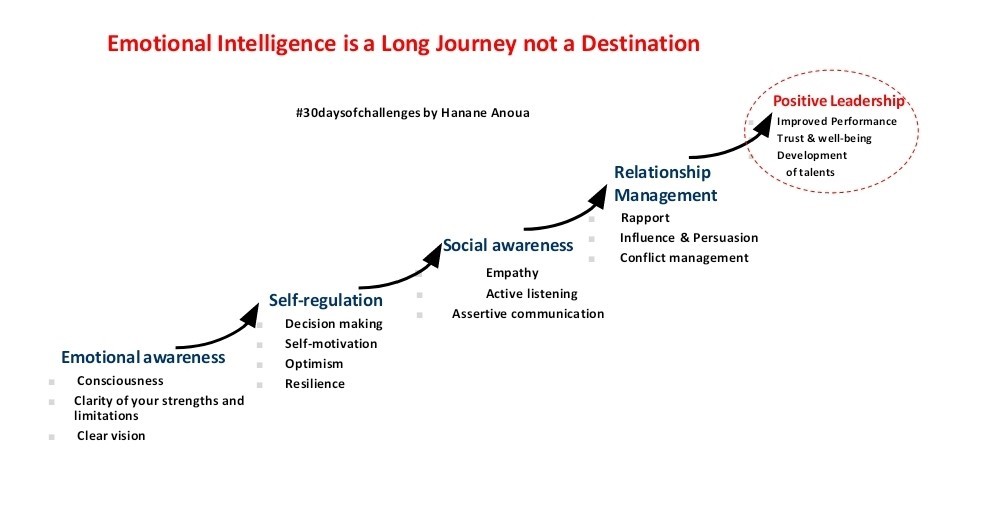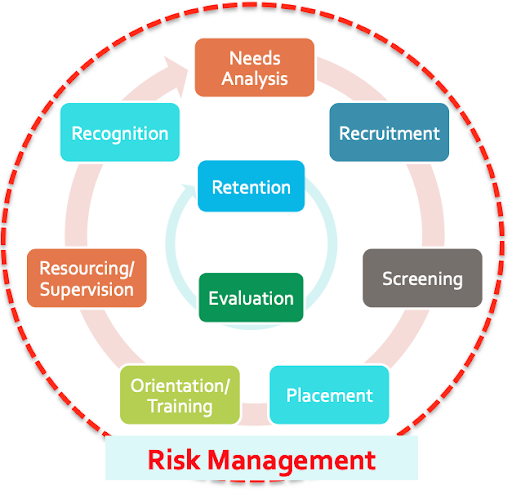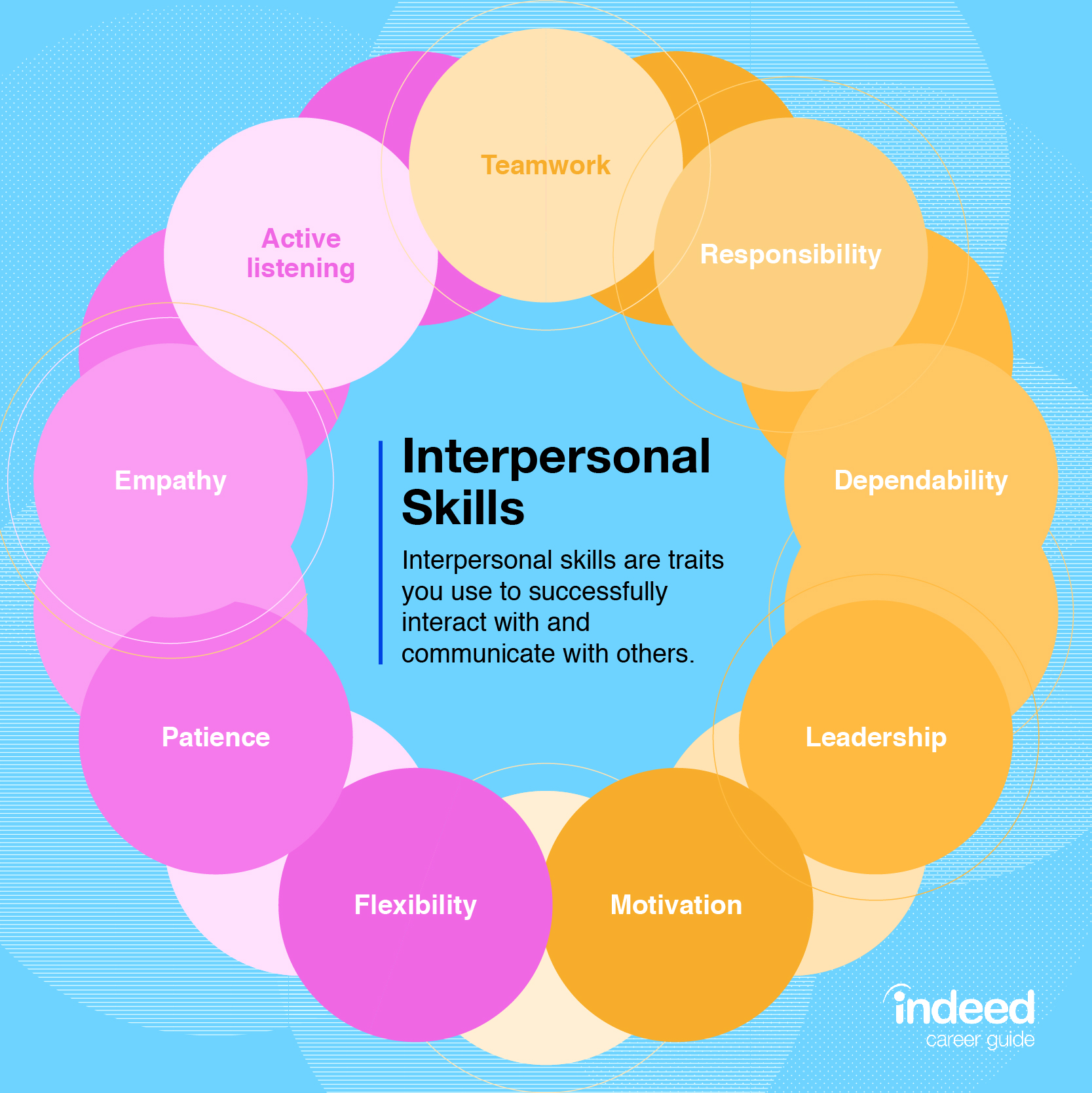Empowering Yourself for Environmental Activism – A Guide to Personal Development
In recent years, environmental activism has gained momentum as individuals around the world recognize the urgent need to address climate change and protect our planet. If you’re passionate about making a positive impact, it’s essential to empower yourself both mentally and emotionally. This guide to personal development will help you sharpen your skills, enhance your knowledge, and become an effective advocate for the environment. Read on to discover valuable tips and resources that will aid you in your journey as an environmental activist.
1. Educate Yourself: To be an effective advocate, it’s crucial to have a strong foundation of knowledge. Stay informed about environmental issues by reading reputable scientific journals, books, and news sources. Websites like NASA’s Climate Change and the Intergovernmental Panel on Climate Change (IPCC) provide accurate and up-to-date information. Take online courses or attend local workshops to expand your understanding of environmental science and policy.
2. Join Environmental Organizations: Connect with like-minded individuals and join local or global environmental organizations. These groups offer opportunities for networking, collaboration, and shared learning. Notable organizations include Greenpeace, Sierra Club, and Friends of the Earth. Volunteer at their events or participate in their campaigns to actively contribute to their cause.
3. Develop Effective Communication Skills: As an activist, your ability to communicate your message is paramount. Hone your skills in public speaking, writing, and social media engagement. Craft compelling narratives that resonate with your audience, focusing on the urgency and impact of environmental issues. Utilize platforms like Twitter, Instagram, or LinkedIn to raise awareness and build a community of supporters.
4. Engage in Peaceful Advocacy: Nonviolent activism is a powerful way to bring attention to environmental issues. Join peaceful protests, rallies, and marches to amplify your message. Collaborate with local communities and indigenous groups who are directly affected by environmental degradation. Remember to prioritize safety, respect, and inclusivity in your actions.
5. Advocate for Policy Change: To address systemic environmental challenges, it’s vital to influence policy decisions. Contact your elected officials to express your concerns and support environmentally friendly legislation. Attend town hall meetings, write letters, or sign petitions advocating for sustainable practices. Organizations such as 350.org and the Environmental Defense Fund offer tools and resources to help you navigate the world of policy advocacy.
6. Live Sustainably: Practice what you preach by adopting sustainable lifestyle choices. Reduce your carbon footprint by conserving energy, water, and reducing waste. Choose eco-friendly products, support local and organic food sources, and opt for public transportation or carpooling whenever possible. These small changes can demonstrate your commitment to the cause and inspire others to follow suit.
7. Maintain Resilience: Environmental activism can be challenging and emotionally draining. Take care of your mental and physical well-being to sustain your passion. Engage in activities that bring you joy, practice mindfulness or meditation, and find a support network of like-minded individuals. Remember that the road to change can be long, but persistent efforts yield results.
By empowering yourself through education, collaboration, effective communication, and sustainable living, you can make a significant impact on environmental issues. Remember that every action, no matter how small, contributes to the greater cause. Let your commitment and passion inspire others to join the movement and create a better, more sustainable future for generations to come. Together, we can make a difference.











